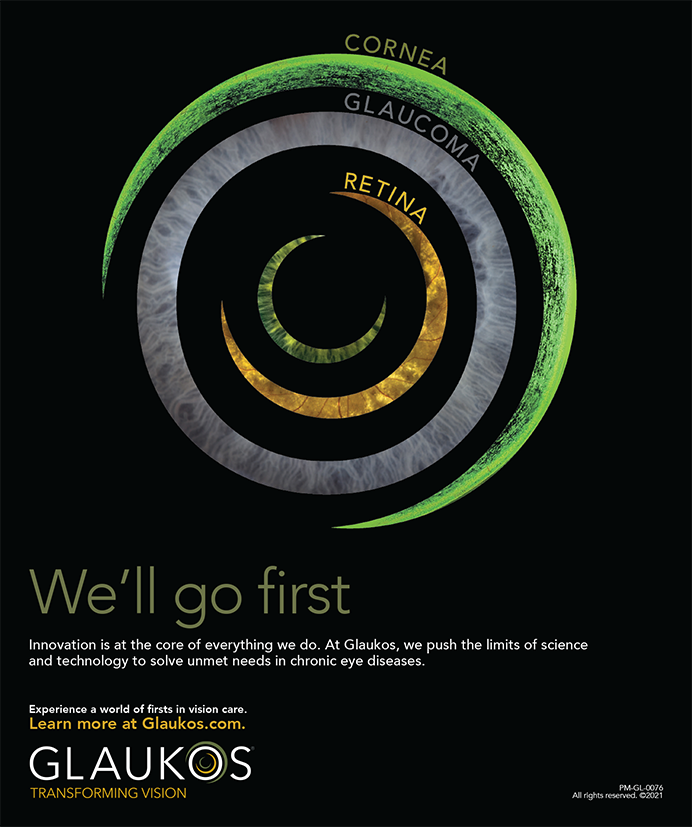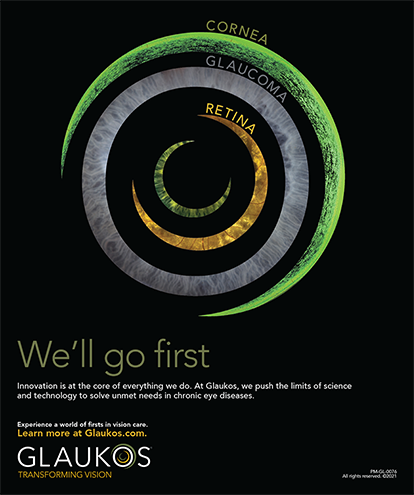Kudos to the National Board of Medical Examiners (NBME), which recently announced that newly minted MDs will have to pass a ?clinical skills? exam. For the first time since the 1960s, doctors will be evaluated on their ability to listen to and communicate with patients. The exam, created to evaluate doctors' interactions with patients, recently completed a successful pilot program at the University of Michigan (Go Blue!) and will now become nationally standardized.
WIDESPREAD PATIENT DISSATISFACTION
My mother-in-law is a good example of why physicians' people skills are so important. Not a week passes without a tale from her about a negative interaction that she or one of her friends endured at a recent doctor's visit, and they're not alone. USA Today recently ran a story1 highlighting a Mayo Clinic survey of 204 women with heart disease that found that half of the patients were dissatisfied with their care.2 Interestingly, the majority of complaints related to the doctors' poor communication skills and rude, condescending, abrupt, or inattentive treatment of their patients.
The key takeaway message from stories and surveys such as these is that patient satisfaction often has less to do with the actual treatment provided (eg, the clinical outcome) and more to do with how the doctor communicated with the patient. This is a big issue, and I think its impact on a refractive practice is worth exploring.
CHANGING THE RELATIONSHIP DYNAMIC
When a patient presents to you with an ocular problem, he often feels vulnerable and powerless. If that patient meets with anything less than an empathic, concerned physician, then he feels like the victim of a win-lose situation. You may feel as though you've “won” by providing the right diagnosis, but the patient often “loses” by feeling ignored or disrespected. Although it's easy to let business concerns such as declining reimbursements, increased costs, and unrelenting patient schedules affect your bedside manner, they're no justification.
It will be interesting to see how the NBME's new clinical skills exam affects doctor-patient relationships. Physicians will be judged on their ability to ask open-ended questions, create rapport, make eye contact, refrain from interrupting, and respond clearly to patients' questions. These are key communication skills that are also at the core of excellent customer service. And for far too long, doctors have been able to avoid the customer service portion of their role in the practice. Although doctors' groups strongly opposed the creation of a national test, 87% of patients in a recent poll described in the same USA Today article favored it. This is a response that should send a clear message to physicians about what patients want from their doctors.
The MD as CEO: Setting the Tone
Most surgeons are the CEOs of their practices, and, as with most companies, the CEO sets the tone for everything, including how the work gets done and how customers (patients) are treated. Obviously, you can't leave ?be nice to patients? as an action item for your staff. Great customer service—which I define simply as how well you serve the needs of patients—is everyone's job, especially the boss'.
This concept of customer service comes naturally to some doctors, but it doesn't play as well with others. Regardless, a poor bedside manner isn't acceptable for the refractive surgeon. Refractive surgery patients, although they suffer visually, aren't nearly as powerless as someone facing bypass surgery.
Thus, there's a compelling financial reason for the clinician to be (or learn to be) nice to his patients: they have choices. Refractive surgery patients can simply decide to spend their money elsewhere, either with a different provider or on a different purchase. Add consumers' natural fear of refractive surgery to the equation, and it's a mini-miracle when someone actually inquires about having refractive surgery. Those consumers have overcome a lot of doubt to muster the bravery to call you, and, if you respond with any of the bad behavior noted in the Mayo Clinic Survey, then the blame rests with you, the CEO—not with patients or staff.
ASSUMING A DEFERENTIAL POSITION
Psychologists will tell you that the most important aspect of any relationship is that each party feels important to the other person. For the eye care provider, that sense of importance is continuously reinforced with each treatment that creates immediate visual improvement for a patient. But when there's too much emphasis on the doctor's importance in the relationship, the ?God complex? is often at the root of the patient's complaints.
The key to an effective bedside manner is to adopt a ?win-win? mindset for each and every patient encounter. Consider shifting some of that feeling of importance over to your patient. If you can stay humble in your delivery of care, then there's room for the patient to feel important, too. While you continue to ?win? by being a great listener as well as a great clinician, the patient also wins by receiving great treatment—both personally and clinically.
THE REWARDS OF PUTTING PATIENTS FIRST
Make patients feel good about the way they are treated in your practice, and they will listen to you even better than they do now. Think about how this approach could improve patient compliance! Patients will come back to you and also refer their friends and family. Plus, because your staff takes its cues from you, morale around the office is bound to improve. And, work might just become a lot more fun!
Industry veteran Shareef Mahdavi offers marketing counsel to refractive surgery providers and medical device manufacturers. He is based in Pleasanton, California. Mr. Mahdavi may be reached at (925) 425-9963; shareef@sm2consulting.com.
1. Elias, M. The doctor is inattentive: med students will be tested on empathy, listening skills. USA Today. September 23, 2003:90.
2. Marcuccio E, Loving N, Bennett SK, Hayes SN. A survey of attitudes and experiences of women with heart disease. Womens Health Issues. 2003 Jan-Feb;13:1:23-31.


